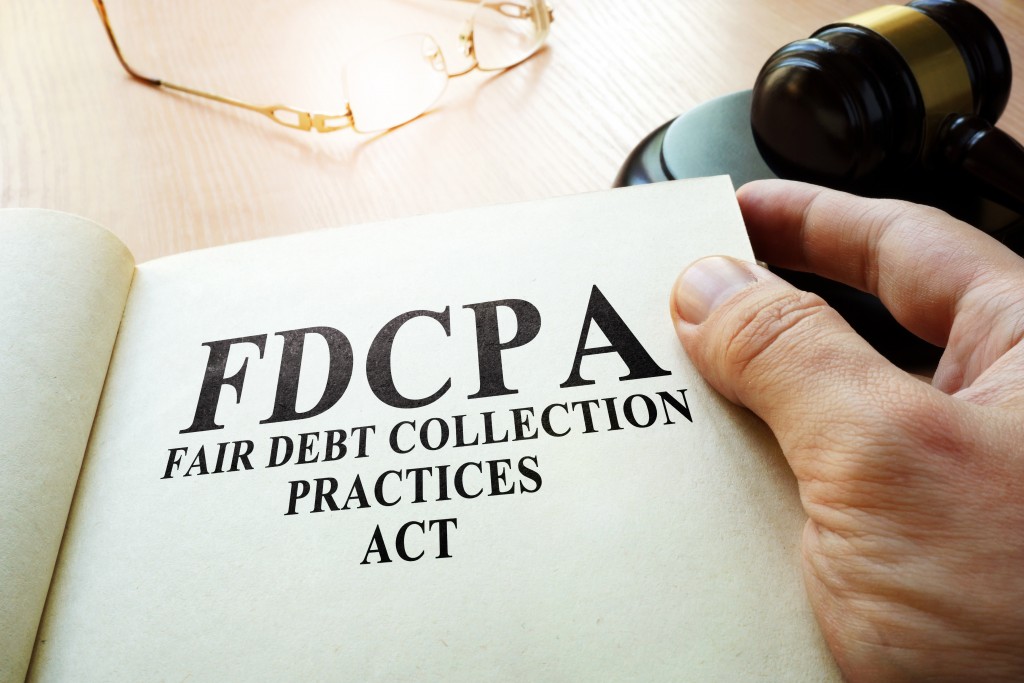Businesses who already established a name for themselves rarely have problems when it comes to getting paid. Their reputation makes it easy for them to demand upfront fees and even ask for full payment before they start a project. But for start-ups and small and mid-sized enterprises, owners often choose the invoicing system to get clients.
This is since consumers are still anxious about paying before getting what they need. If you are not careful, you can end up being ghosted and won’t be compensated for all your hard work. What can you do to prevent this?
Avoiding Non-Payments from Ruining Your Business
According to a survey, up to 51% of Business-to-Business (B2B) companies have uncollectible outstanding invoices. Non-payments can cause your business finances to crumble. Since you depend on your cash flow to run your business and also pay your taxes, bills, and vendors, you must ensure you get paid on time.
To increase your chances of getting paid, it pays to take the following extra precautions.
Screen a new client before you do business with them. If you find that they have a history of bad debt payments, you can choose to skip working with them or find an alternative. If you choose to pursue a business transaction, do proceed with caution.
It does not matter if a new customer is a good old friend, a colleague, or even a relative. A written contract will help you lay your terms out, inform them of their responsibilities, and what will happen if they fail to pay on time. Have all the necessary details in writing, entertain their questions, discuss every detail especially the costs, terms, payment deadlines, and consequences, and ask for their signature before commencing a project.
Ask for a down payment and if they refuse or have a hard time paying the deposit, this can be a warning sign of future payment issues. Make it a point to maintain healthy relationships with clients and to send their invoice ahead of time. Don’t stop reminding them about late payments and don’t be afraid to charge late fees following what you and the client agreed upon on the contract.
Dealing With Non-Paying Clients

Is a client refusing to pay even after you sent them numerous gentle reminders? Does it seem like they don’t have any intention to work with you using your proposed repayment plan? Then you can try the following options to let them know you mean business.
Stop Doing Any More Work
There is no reason for you to continue working on a client’s project if they are not paying you for your services. If you are in the middle of their project, this puts you at an advantage since they will be the ones left hanging. If they reached to you again and made the intent to pay, ask for the remainder of their payment before completing the project. After this, consider to never work with that client in the future.
Hire the Pros to Serve the Court Papers
If you have an evasive client and you believe you will benefit by taking a non-paying customer to a small claims court, you need to make sure they receive the legal documents letting them know the details of your case. Hiring a preferred process server is a good way to ensure your legal documents are delivered and served to your defendant.
Most people would open their wallets willingly after a process server knocks on their door. With a process server, you’re giving yourself a favor knowing you did your part in informing your client of your intent to bring the case to a small claims court. You are also giving your client enough time to create their response or even get themselves a legal representative.
File Your Case to a Limited Civil Court
Your lawyer is your best source of information on how you can proceed to legally collect payment. They can help you write a demand letter that often works well with non-paying individuals. This will also make sure you do debt collection the legal way and avoid being the one at fault.
You may not want to waste time seeking legal action, but if they owe you a huge sum of money, your lawyer may recommend that you take your client to the right court. Know that you can only take a client to a small claims court if you need less than $10,000 from your client. Any amount higher than that but lower than $25,000 needs to be filed to a limited civil court.
Businesses with clients who owe them money have the option to take legal actions, or not against non-paying clients. If the amount is not big, you might as well skip the case and opt not to work with them again in the future. But if they owe you a considerable amount of money, it only makes sense to weigh your options so you can get rightfully compensated.
